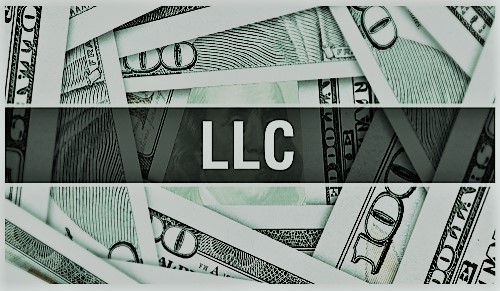So, you own equity in an LLC taxed as a partnership, and it has come time to sell the company. What happens if you sell your interest? What happens if instead the LLC sells its assets?
Similarities
Regardless of whether the transaction is structured as an equity sale or an asset sale, your gain will be ordinary income to the extent of your pro-rata ownership interest in the company’s ordinary income assets.
“But wait,” you say, “why would that be the case if I am selling my LLC equity, which I have been holding as a capital asset?” Good use of the term, “capital asset.” Unfortunately, Section 751 of the tax code causes this ordinary income to flow-through with respect to “hot assets” and hot assets include inventory. Treas. Reg. 1.751-1(d)(2)(ii) provides that “inventory” for this purpose includes “any other property of the partnership which, on sale or exchange by the partnership would be considered property other than a capital asset and other than property described in Section 1231.”
Ordinary income assets include accounts receivable, inventory, software code, copyrights, payments for a noncompete, and self-created intellectual property, to name a few. Fortunately, goodwill is often the lion’s share of the value of a company and usually results in long-term capital gain.[1]
Other things that are the same between transaction types include:
- If the LLC has non-deductible liabilities (like loans) and those remain with the LLC in an equity sale or are assumed by Buyer in an asset sale, the amount of such liabilities will be considered additional purchase price, which will increase your gain.
- Depreciation recapture can cause Section 1245/1250 gain taxed federally at a 25% rate.
- The value of each asset held by the LLC will need to be determined and reflected by the parties on a purchase price allocation.
At this point you may be wondering if it even matters whether the sale is structured as an equity sale or an asset sale. It does.
Differences
Three main differences include:
- To obtain long-term capital gain…
- Equity sale: You must hold your interest for more than one year (if a capital interest), for more than two years (if a profits interest), and for more than three years (if a carried interest).[2]
- Asset sale: The LLC must have held the relevant capital asset more than one year.[3]
So, for example, if you have held your capital interest for less than one year, but the LLC has held its goodwill for more than one year, you’d likely prefer an asset sale, because it would cause you long-term capital gain, whereas the equity sale would cause you short-term capital gain. As noted above, either way, you may also have ordinary income.
- State income tax
- Equity sale: Usually sourced to the partner’s state of residence.
- Asset sale: May be subject to state apportionment rules.
So, for example, if you live in Texas, which has a 0% state income tax, but the company does business in a high tax state like California, you’d likely prefer an equity sale, as that would usually result in 0% state tax, whereas an asset sale might cause some California tax.
- Sales tax
- Equity sale: Usually none.
- Asset sale: Sometimes.
There usually is sales tax on tangible personal property unless state has an occasional sale exemption. Texas has such an exemption, Colorado does not. Equity is not tangible personal property but in an asset sale certain assets would be.
There are other special rules that apply to the sale of LLCs taxed as partnerships, including that special allocations of pre-contribution built-in gain may be required if the property sold had been contributed by a partner less than seven years prior to its sale. I recommend that you talk with tax counsel prior to selling your LLC equity or its assets.
Mike Baker frequently advises with respect to the sale of LLCs taxed as partnerships. He possesses a breadth and depth of experience in tax and employee benefits & compensation law that spans multiple decades. For additional information, please contact mike@mbakertaxlaw.com.
[1] Long-term capital gain has a top rate of 20%, whereas short-term capital gain has a top rate of 37%.
[2] I am using the term “carried interest” to refer to an interest subject to the provisions of tax code Section 1061. For any interest, if you made any capital contributions during the required holding period, that can turn part of your long-term capital gain into short-term capital gain. For capital interests that were unvested on grant, your holding period only starts on the date of grant if you filed a tax code Section 83(b) election.
[3] If you hold a carried interest, your gain in an asset sale scenario may be short-term capital gain unless the LLC has held the relevant capital asset more than three years.

